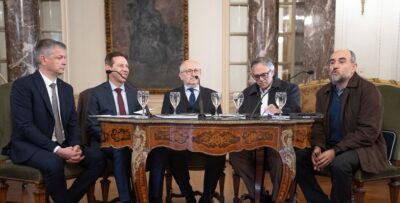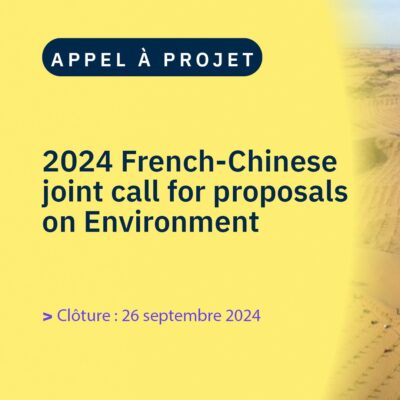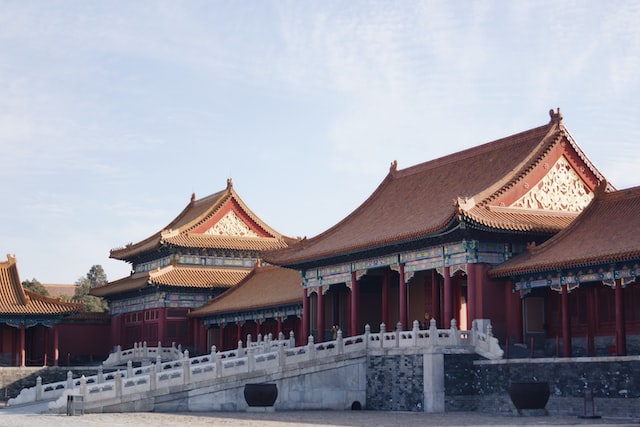
1. What is an International Emerging Action?
International Emerging Actions are “PI-to-PI” projects whose aim is to explore new fields of research and new international partnerships through short-term missions, the organization of working meetings, and the initiation of new joint research work on a shared scientific project. These actions last for 2 years.
2. Who is eligible for International Emerging Actions?
International Emerging Actions are open to staff working in a CNRS research unit.
3. How to propose an International Emerging Action?
Project promoters are invited to apply to the annual call for proposals launched by the CNRS Europe and International Division (DEI) in all disciplines, and to submit their applications on the CNRS NOA platform until September.
In line with the CNRS’s scientific policy, the terms of the call may include specific thematic or geographic priorities, depending on the institute, applicable to the units of said institutes.
A letter of support from the foreign partner is expected at the time of submission, attesting to possible co-financing for the implementation of the project.
4. How are International Emerging Actions assessed?
Proposals for International Emerging Actions are peer-reviewed by the CNRS scientific institutes according to the following criteria: scientific quality of the project, interest of the international collaboration, scientific quality and complementarity of the teams, participation of young researchers, ethics and financial justification.
No prerequisites in terms of previous exchanges or publications are required.
5. How are International Emerging Actions funded?
In addition to the resources directly mobilized by the participating teams, International Emerging Actions receive specific funding from CNRS for international mobility between the laboratories involved.
international mobility between the laboratories involved, the organization of working meetings and the implementation of field missions between the partners, for a total amount of between 10,000 and 14,000 euros over the duration of the actions. Managed by the CNRS laboratory of the International Emerging Action sponsor, CNRS funding is allocated in annual instalments, based on the initial project, scientific reports and annual financial reports drawn up by the sponsor and its partners.
Find the results ont the CNRS intranet
Guide d’utilisation de la plateforme NOA
Plus d’informations et points de contact ici
A lire aussi
Le CNRS dévoile ses attentes sur le futur programme cadre de l’Union européenne pour la recherche et l’innovation

À l'approche de la dernière phase de programmation stratégique du programme-cadre de l’Union européenne pour la recherche et l'innovation, Horizon Europe, la Commission européenne prépare son successeur, FP10 (10ème programme cadre), qui démarrera en 2028.
Uruguay | Le CNRS lance un nouveau laboratoire international de mathématiques avec l'Université de la Republica

Le 2 juillet 2024, le CNRS, le Ministère de l'éducation et de la culture uruguayen et l'Université de la République (UdelaR) ont signé l'accord de création d'un laboratoire de recherche en mathématiques, qui vient renforcer une coopération à l’œuvre entre les deux pays depuis 15 ans.
Lancement d'un appel à projets conjoint franco-chinois sur l'environnement

Le CNRS et la National Natural Science Foundation of China (NSFC) lancent un appel à projet conjoint centré sur les thématiques de la biodiversité et de l’impact du changement climatique. Les candidatures sont ouvertes jusqu'au 26 septembre










